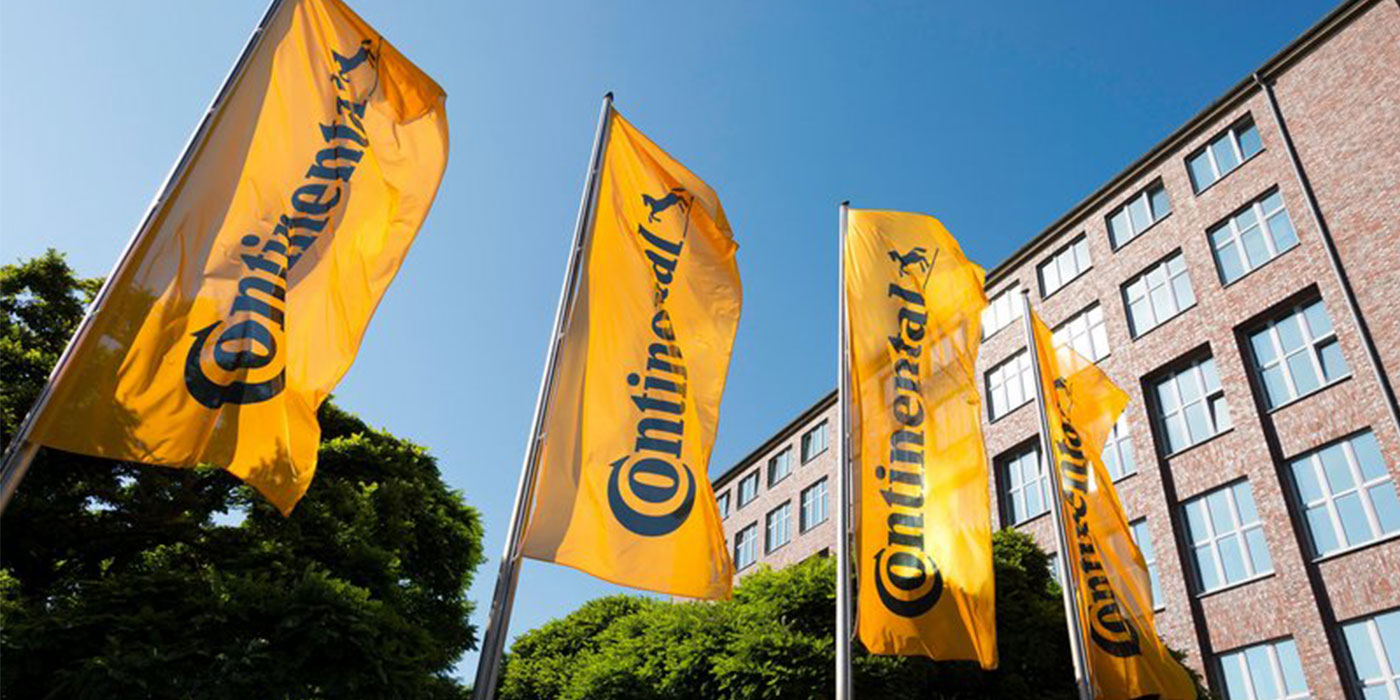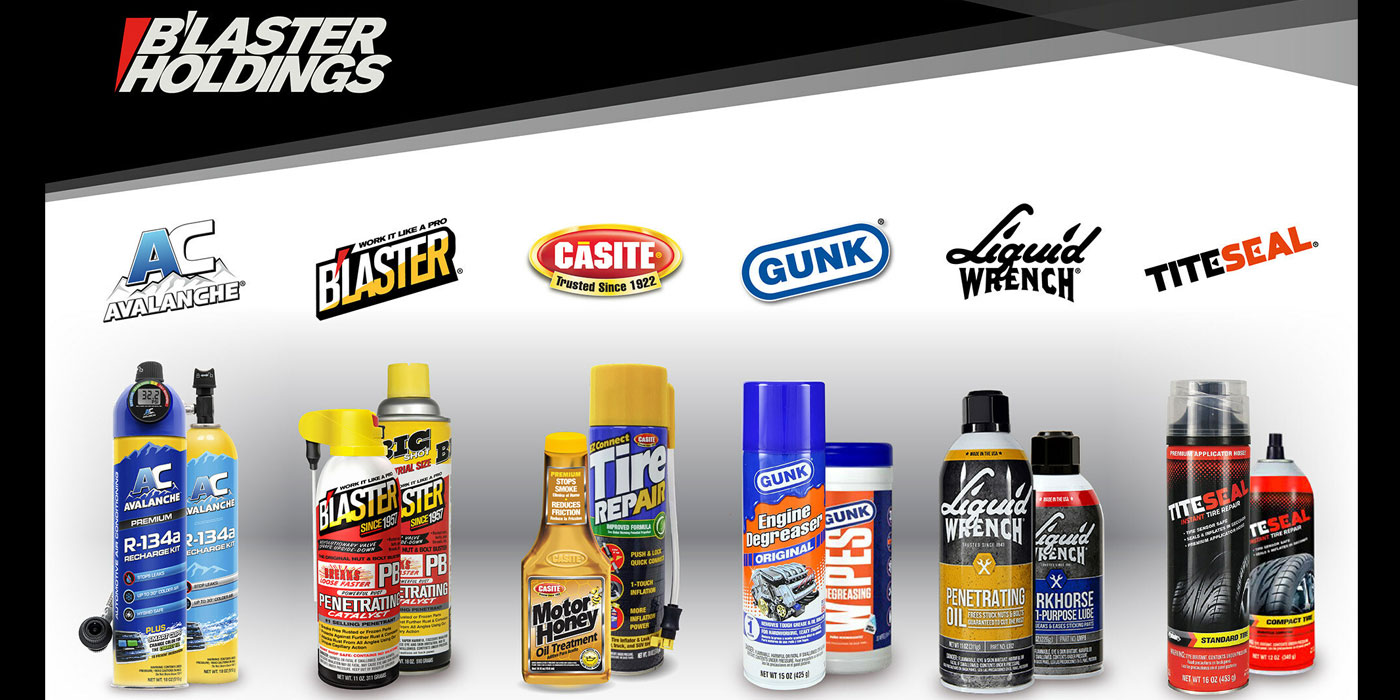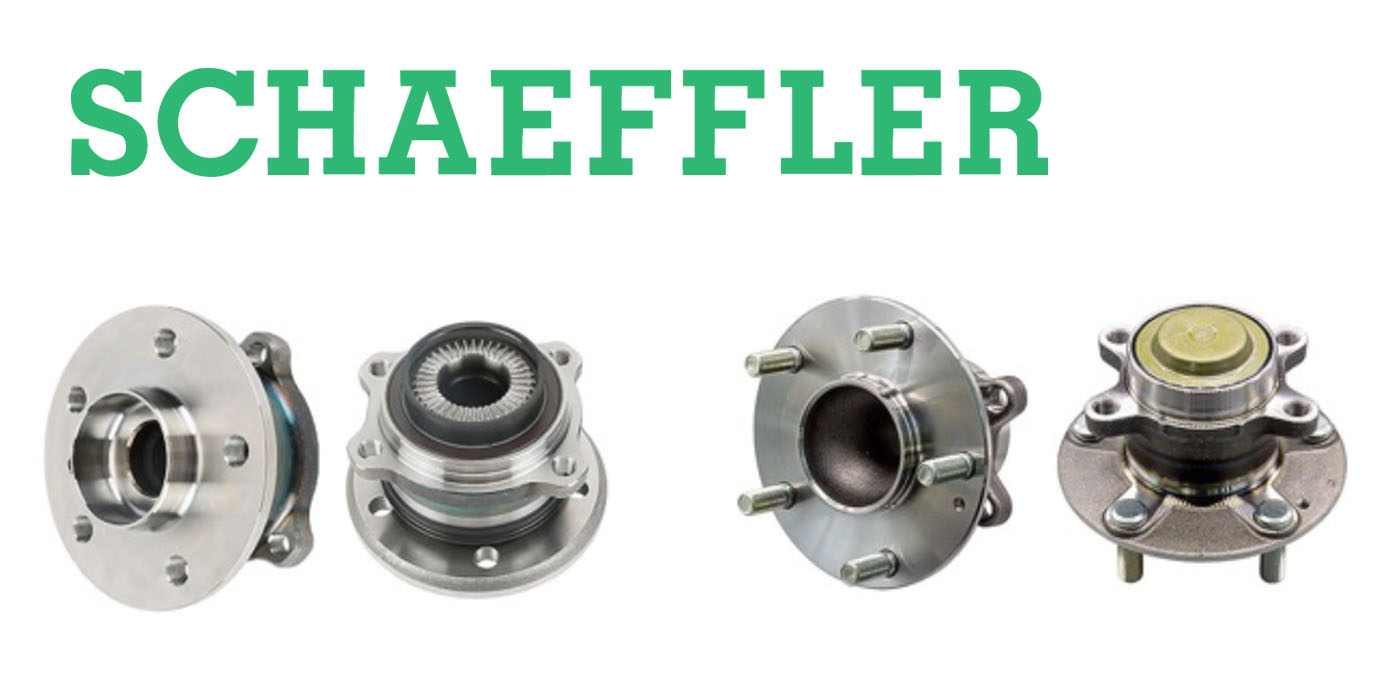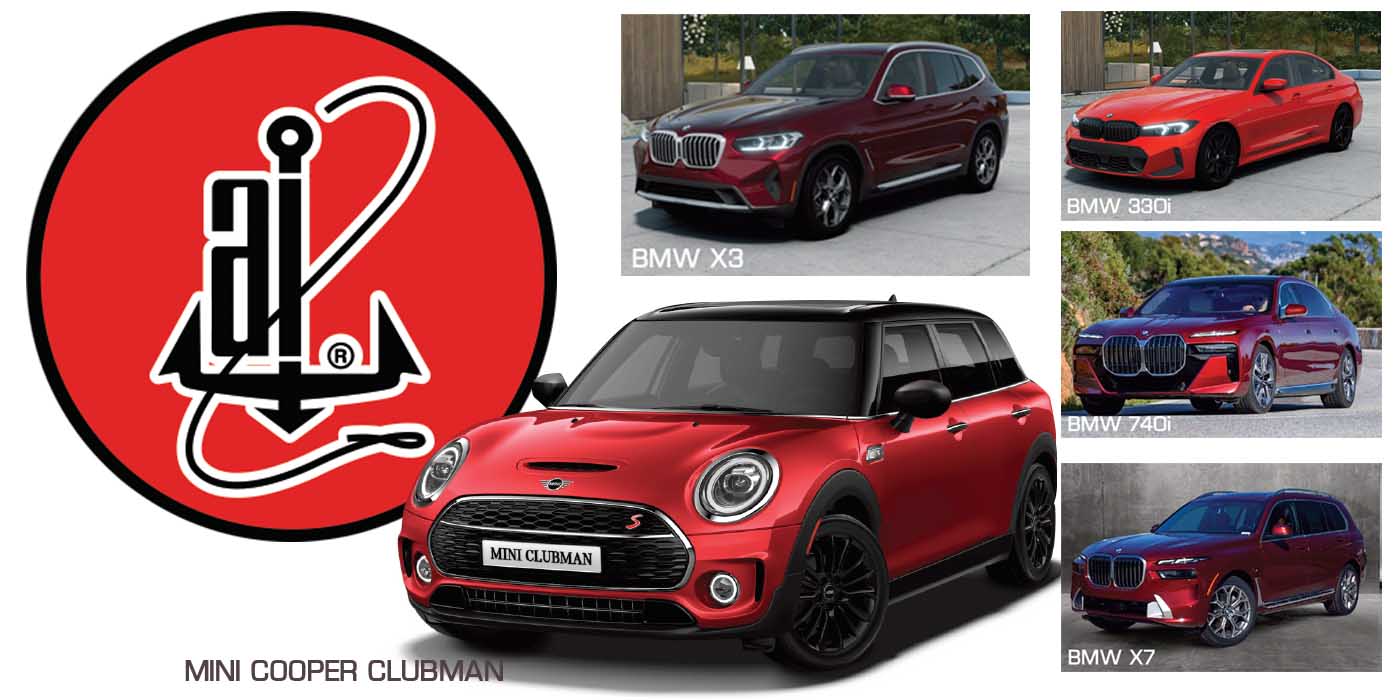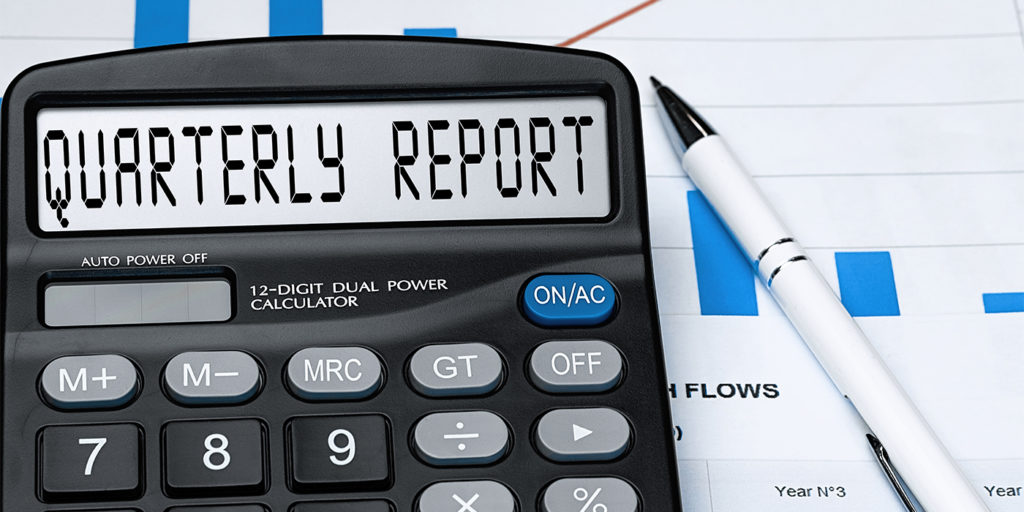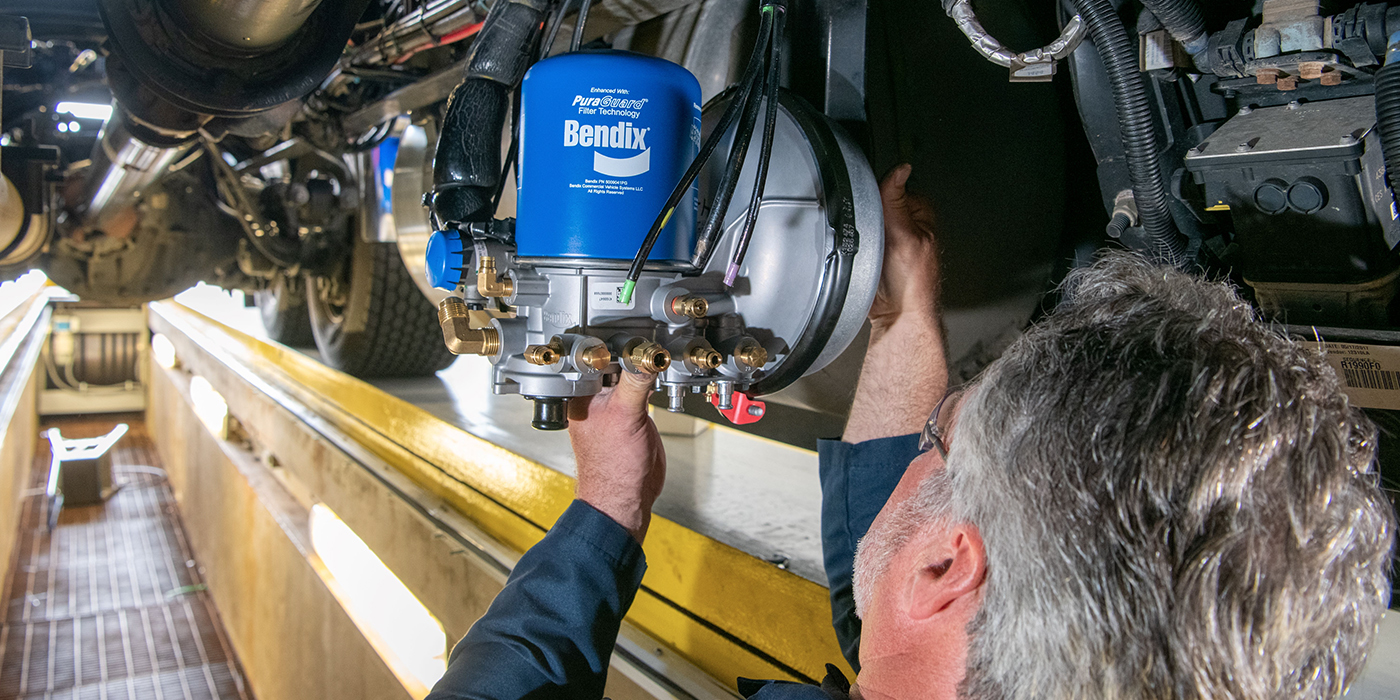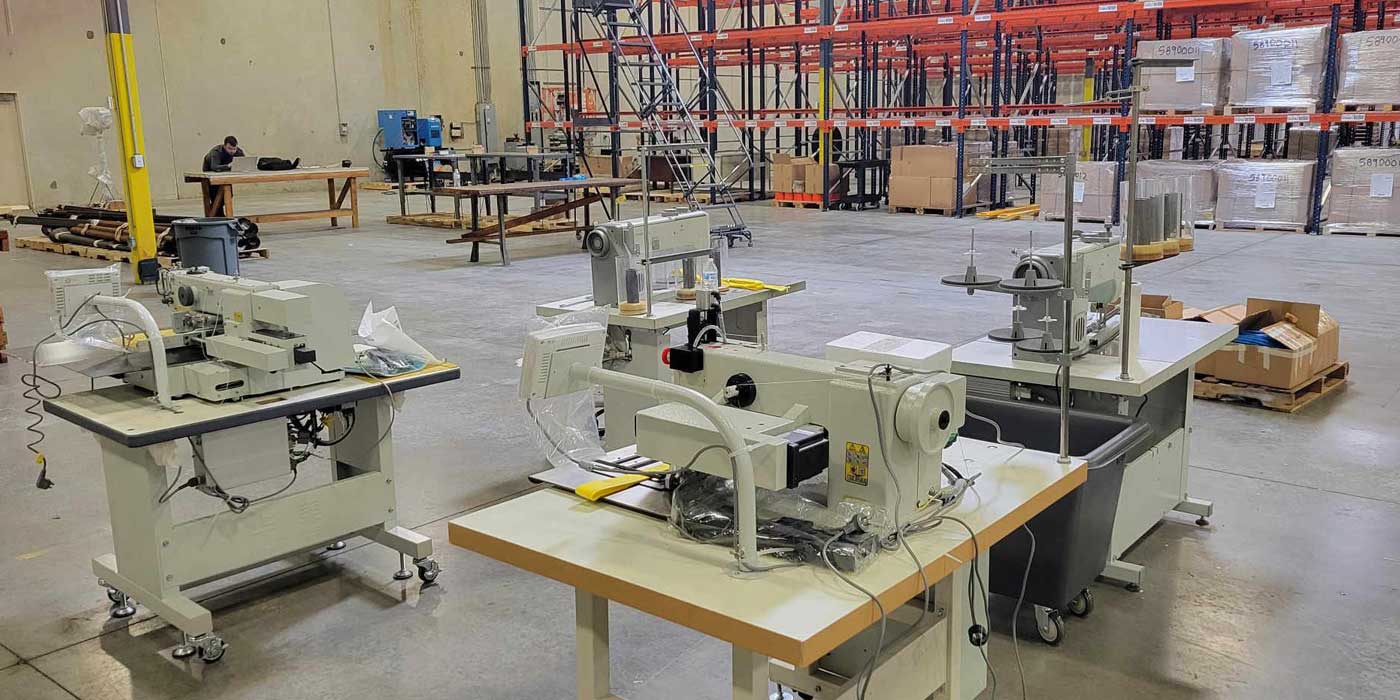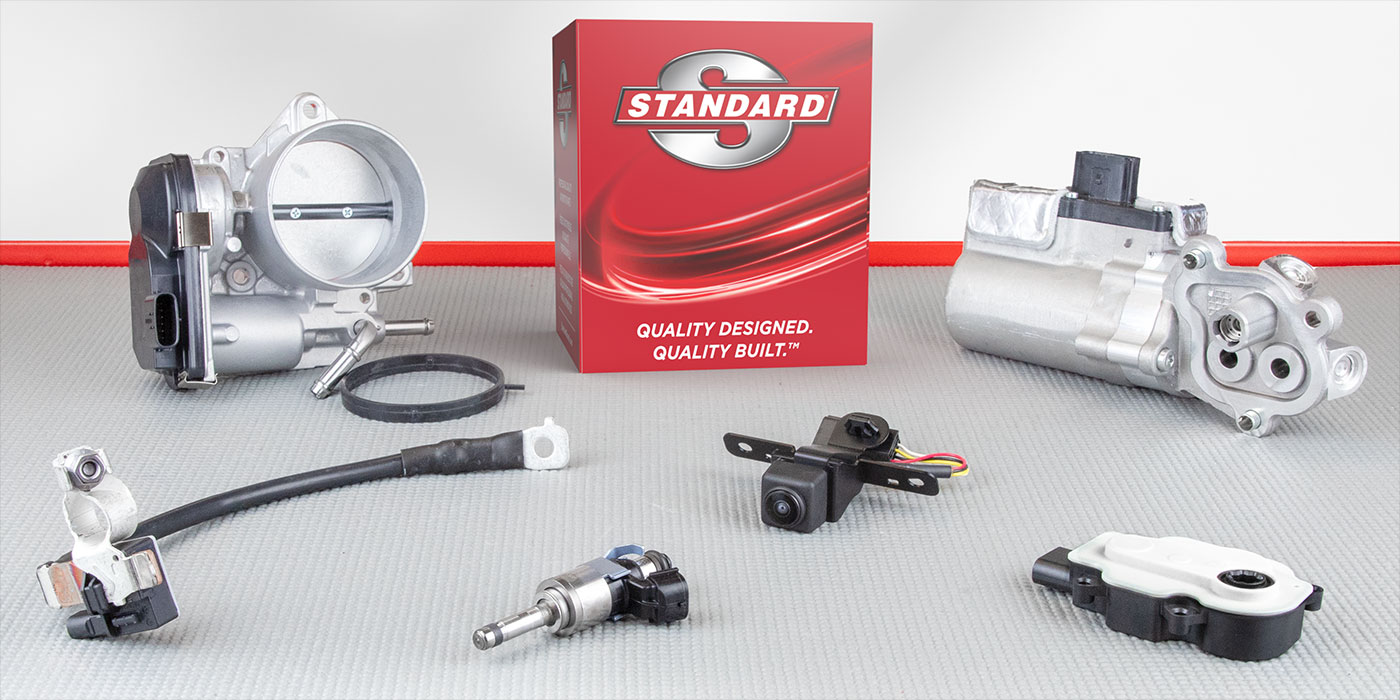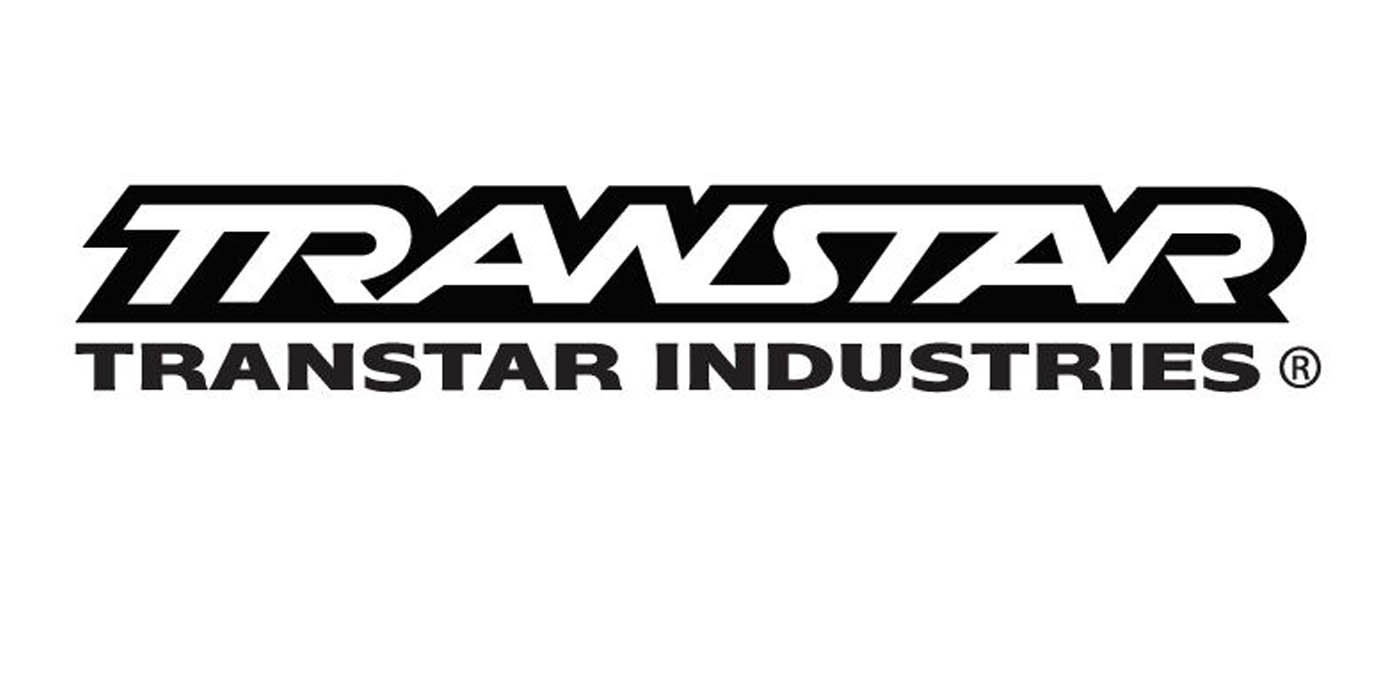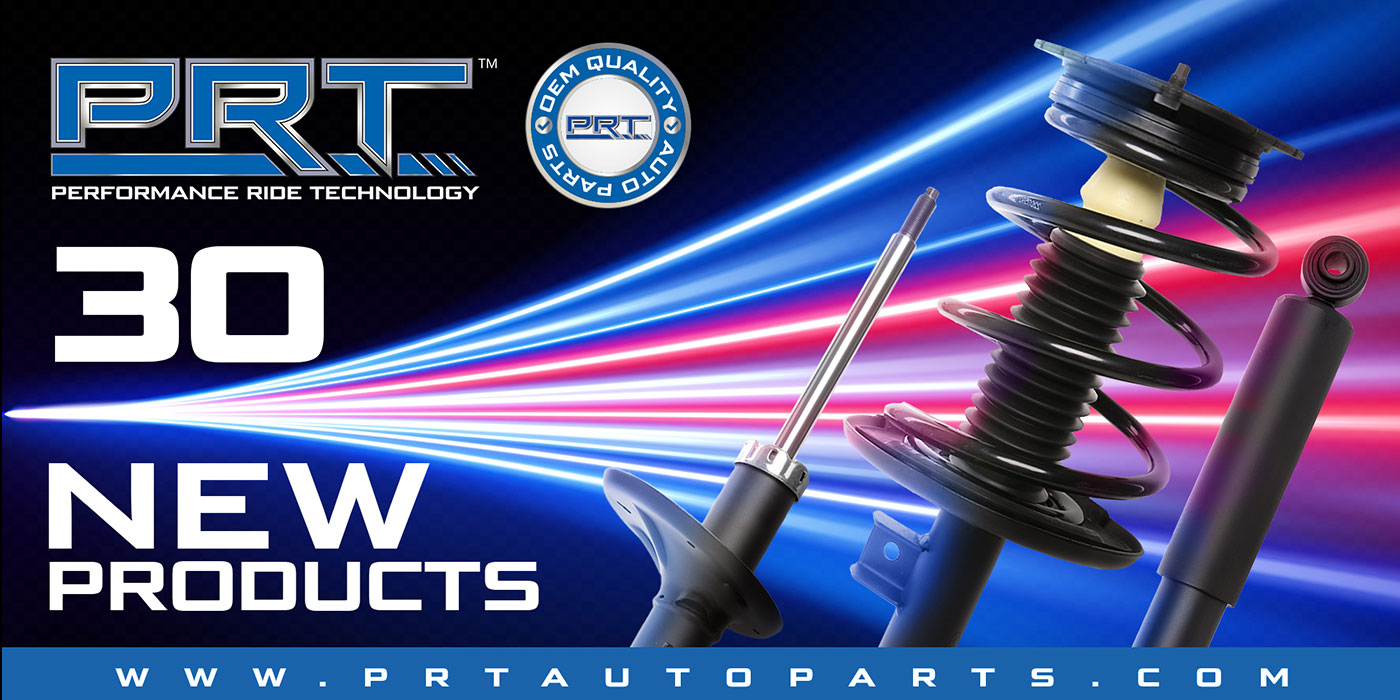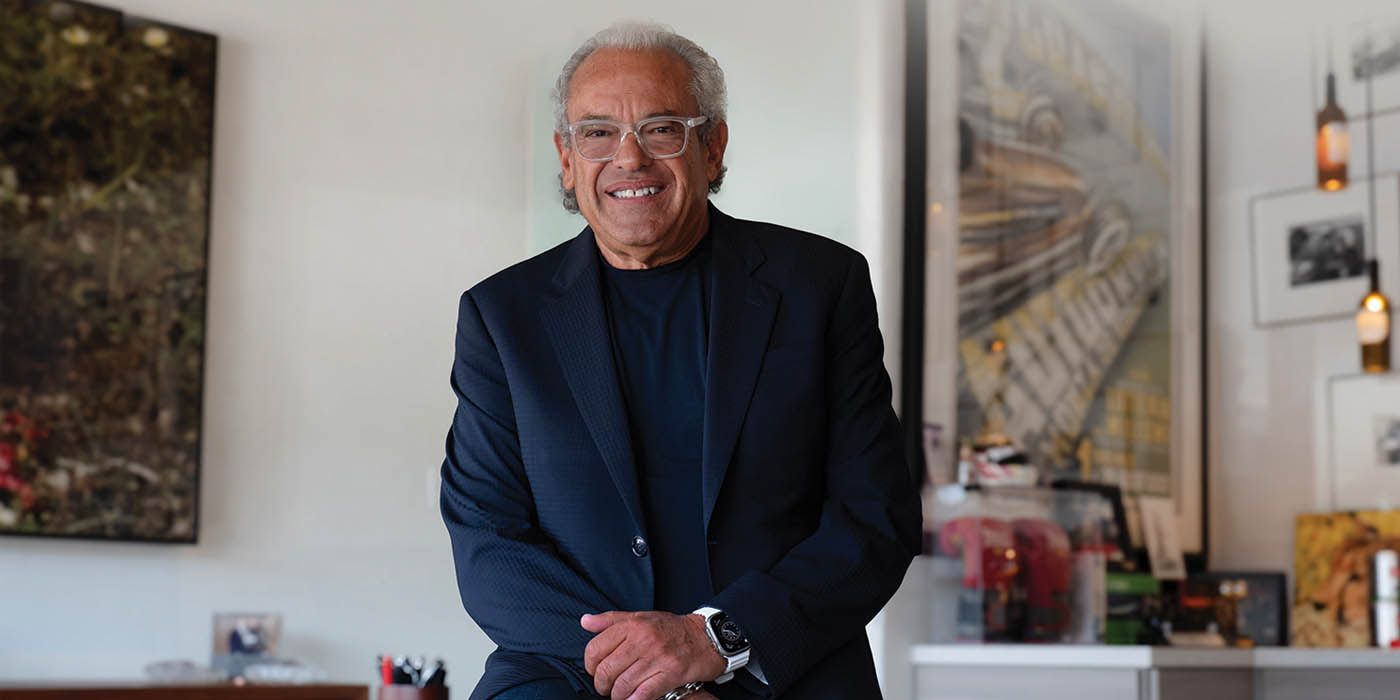From Tire Review
Editor’s Note: This article was written by Daryl Allegree, manager of risk engineering for Zurich’s Direct Underwriters business unit, in response to tire dealer concerns about the liability issues attached with importing tires and other products.
Are you a manufacturer? Before you say “no,” read this.
Your first instinct is to say, “Of course not, I’m in the retail tire and service industry.” But are you really? Under certain circumstances, the courts could determine that for tort liability purposes you are a tire or wheel manufacturer – or at least stand in the shoes of the manufacturer – in the eyes of the law.
In the past, the U.S. was the center of the manufacturing world and many products were labeled “Made in the USA.” Product liability insurance for most American manufacturers was necessary to do business in the U.S. and abroad. It would have been unwise to sell their products without this essential protection, which also benefited their distributors and, ultimately, the consumer. This risk allocation system worked well even when companies began exploring manufacturing opportunities in foreign countries where labor, land and facilities are cheaper.
Some of the first manufacturing plants to move out of the U.S. were relocated to Canada, Mexico and other nearby Latin American countries. However, most of the companies owning these plants maintained their headquarters, other manufacturing facilities and substantial assets in the U.S., and continued to carry product liability insurance coverage as an essential standard business practice. This began to change, however, as independent manufacturers started making whole products or parts in other areas of the world, most notably in the Pacific Rim.
Manufacturers in Pacific Rim countries, including China, produce everything from plastic toys and furniture to tires and other automotive parts. This explosive growth in foreign manufacturing is leading to some unwanted consequences.
Many foreign manufacturers have no U.S.-based assets and are not compelled to obtain product liability coverage for the products they export to U.S. distributors and retailers. Many distributors are so intent on purchasing these less expensive (compared with products manufactured in the U.S. and Europe) products that they ignore the fact that the manufacturer does not carry product liability insurance.
The traditional model of the manufacturer standing behind its product, being financially responsible for any damage and personal injury caused by the product and being agreeable to suit in the U.S., is not always today’s reality.
What happens when someone sues after suffering bodily injury or property damage caused by a foreign-made product? Who will be held responsible for recalls and warranty returns?
Retailers and distributors all over the U.S. are making agreements with overseas manufacturers (often based only on a handshake) and acting as direct importers of their products. If you are one of these retailers or distributors, you may have just become the manufacturer for tort liability purposes.
For example, consider a company in China that manufactures steering components that you import and sell to your customers. A local repair shop installs one of these on Mr. John Q. Public’s automobile and then Mr. Public is involved in a terrible accident. The cause of the accident is determined to be the failure of a critical steering component and the part you distribute is identified as the culprit. A plaintiff attorney files suit and begins his search for the “deep pockets.”
Let’s say, for this hypothetical example, the repair shop installed the part properly, so its liability is minimal. Next in line in the plaintiff’s search for deep pockets is the distributor who, under the old rules, was viewed as only a middleman with little responsibility for the product. In the past, the attorney would then focus on the manufacturer because it usually has the deepest pockets and is ultimately responsible for the defective product it designed, manufactured and sold.
In this case, the new rules might include a manufacturer that carries no product liability coverage and has no assets in the U.S.; consequently, the manufacturer becomes a tougher and less desirable target. Where does the attorney turn to now? Right back to you, the distributor, because you are the last entity in the chain and there is no one else to defend the product. So, you now step into the shoes of the manufacturer of the product for purposes of product liability.
The only way to protect yourself from becoming a “manufacturer” is to do business with reputable companies that provide proof of product liability insurance coverage. Require suppliers to provide a current certificate of insurance on a manufacturer’s product liability policy with you named as an additional insured under the vendor’s endorsement.
Pay particular attention to the limits of liability stated on the form. Limits of $10 million to $25 million or more are appropriate for a manufacturer. How much is really enough? Safety-related and other critical components may require much higher limits. How much protection would a policy showing limits of $500,000 really offer to your business? How safe would a mere $500,000 make you feel and, to use an old risk management question, “How well would you sleep at night?”
Zurich’s Direct Underwriters offers the following suggestions if you decide to negotiate a deal to import products directly. At a minimum, you should:
- Consult qualified legal counsel regarding contract negotiations. Discuss your potential liability and how to obtain certificates of insurance.
- Negotiate and put in writing how you and the manufacturer will jointly handle recall and warranty issues.
- Obtain a certificate of insurance from the manufacturer’s liability insurance carrier – one that conducts business in the U.S. Make sure the manufacturer has adequate limits by having your insurance representative and qualified legal counsel review the certificate.
- Obtain additional insured vendor’s status on the certificate and require a 30-day notice of any cancellation or non-renewal.
- Place the certificate in a dated file to follow up 30 days prior to expiration.
Even if you think products are manufactured in the U.S., it is a good risk management measure to get certificates of insurance. It might help reduce your own insurance costs.
Not addressing the product liability issue is like rolling the dice and hoping for the best, and hope is rarely a good strategy. That’s especially true when the product liability is strict (which means that there is liability even when there is no proof of negligence) and you are the only U.S.-based recourse to which an injured party has access.

